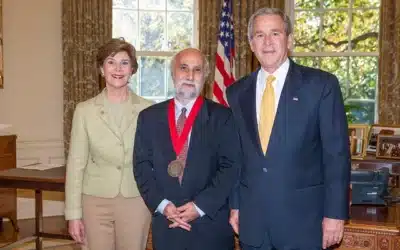Another court has handed down a decision that upholds the standard set by the Supreme Court in the Rodriguez decision. That standard is pretty cut and dry: any Constitutional violation is still a Constitutional violation — whether it lasts 30 seconds or ten minutes. In the context of a traffic stop, any actions taken not supported by reasonable suspicion — like running a drug dog around the vehicle or spending time begging for consent for a search — are not allowed under the Fourth Amendment.
It was assumed law enforcement would just search for ways to speed up these unrelated activities so that traffic stops wouldn’t be “unreasonably prolonged.” The Supreme Court gave no guidance on what constituted an unreasonably lengthy traffic stop. Scott Greenfield theorized officers would read this decision to mean they could still do all the things they wanted to do, just so long as the stop ended whenever the “objective” — usually the delivery of a citation — was complete.
But then, there is the takeaway. Have the dog there before you hand over the ticket and you get a sniff, no Constitution allowed. Don’t rush the ticket, because nobody knows how long it does, or should, take to complete the core mission. And if the dog happens to show before it’s done, boom, lawful.
Ask those Frisbee questions before you hand over the paperwork. Seek consent while you still have the driver’s license in hand. Smell the car for that “pungent” odor, peer knowingly for that furtive gesture, or stare carefully for those watery and lethargic eyes, before you hand over the papers.
This theory seems have been proven correct. Law enforcement officers have drawn the wrong conclusion from the Rodriguez decision. That’s probably to be expected, as law enforcement really loves the relaxed Constitutional guidelines surrounding traffic stops. The upside is that courts aren’t allowing them to get away with it.
A recent decision covered here found that there was no minimum amount of time needed to violate the Constitution. It was the violation that mattered, not the length of time it took to violate it. In the course of a traffic stop, a drug dog was deployed. That it occurred simultaneously with the normal traffic stop paperwork made no difference. The evidence was suppressed by the court, relying on the Rodriguez decision.
The Idaho Supreme Court has reached the same conclusion in another case — one that also involved a speedily-deployed drug dog. In this case, the traffic stop lasted over twenty minutes, but the drug dog’s involvement was less than three minutes of that total. Much like the earlier decision, the slight delay isn’t the deciding factor. The “unnecessary” part of the “prolongment” is. (h/t FourthAmendment.com)
Read the rest at Techdirt.































